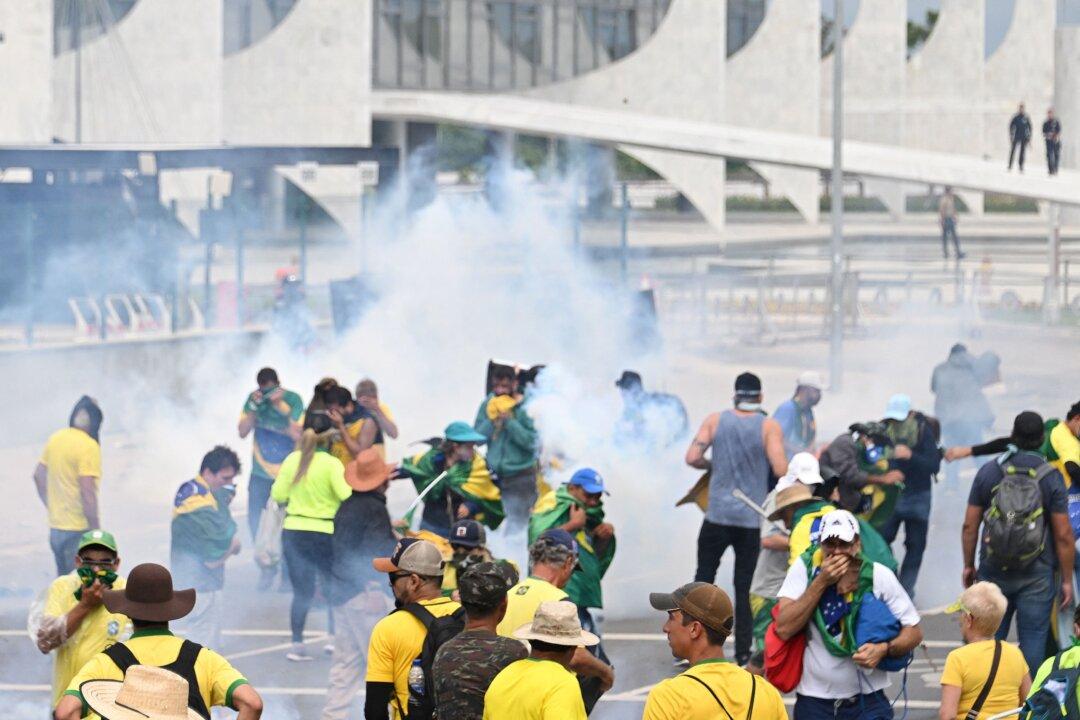Commentary
After more than three months, questions continue to emerge over the “assault” on government buildings in Brazil’s capital city on Jan. 8.

After more than three months, questions continue to emerge over the “assault” on government buildings in Brazil’s capital city on Jan. 8.